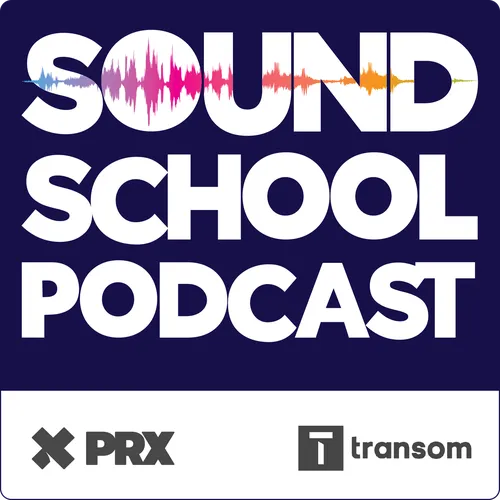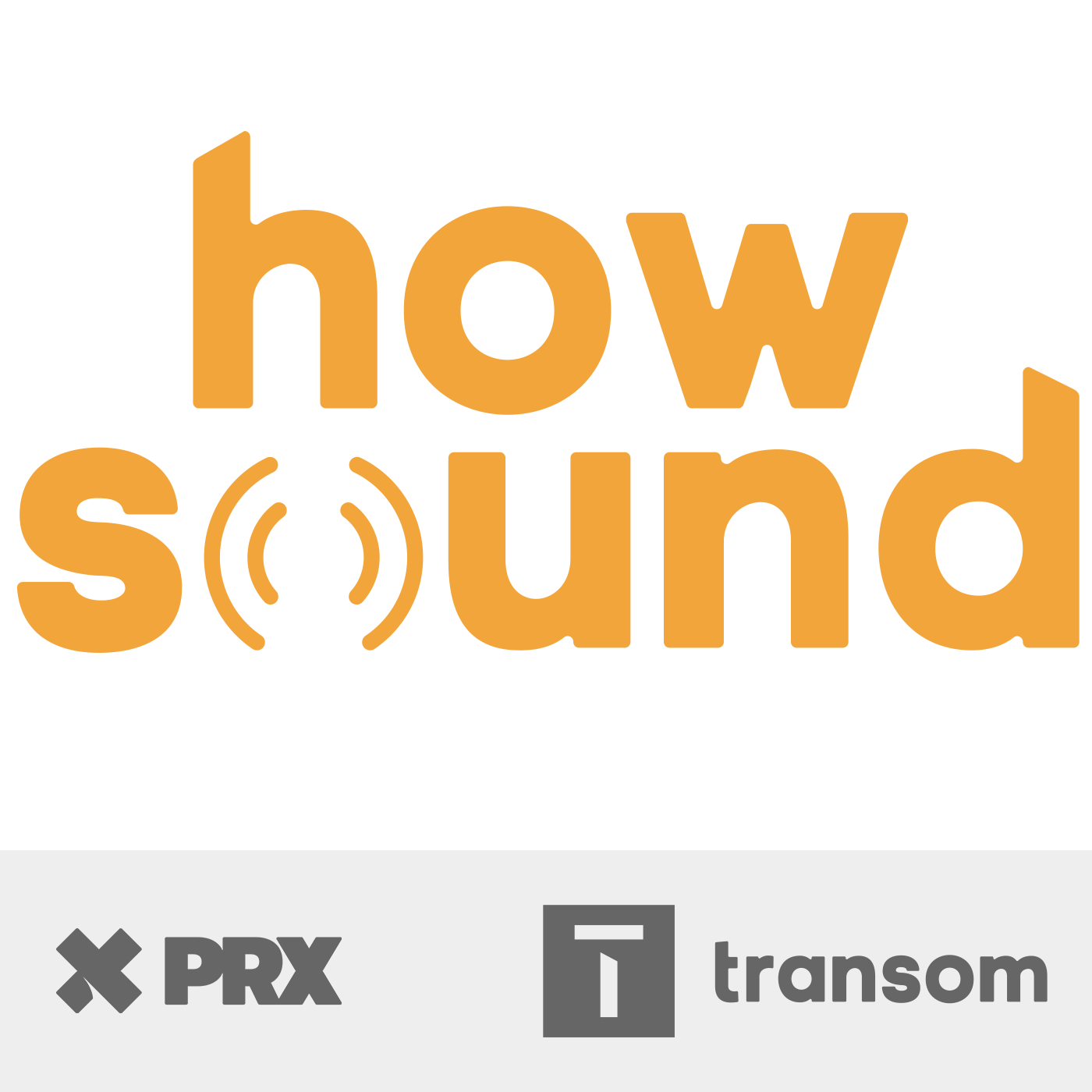
Sound School Podcast
The Backstory to Great Audio Storytelling, hosted by Rob Rosenthal, for Transom and PRX.
- Update frequency
- every 14 days
- Average duration
- 22 minutes
- Episodes
- 364
- Years Active
- 2011 - 2025

Short Is Beautiful
Podcasters are free to produce without the confines of the public radio clock. So, why go so long? Short is beautiful.
00:15:12 |
Tue 28 Jun 2016

Should Stations Produce Podcasts?
A lot of public radio stations are wringing their hands these days about podcasting. "Should we or shouldn't we," they wonder? Wyoming Public Radio's Caroline Ballard says "Yes!"
00:26:07 |
Tue 14 Jun 2016

The Ethics Of Trespassing And Secret Recording
When is it okay to trespass and use secretly recorded phone calls while producing a story? Not often. But, producer Jack Rodolico remained ethical while skirting the edges of what's appropriate for h…
00:30:52 |
Tue 31 May 2016

Show The Girls The Snakes
Three early pieces from The Kitchen Sisters circa 1980, stories sparked by mistakes and chance encounters. Their DIY approach is inspired.
00:30:39 |
Tue 17 May 2016

First-Person Reporting
Sean Corcoran is a reporter's reporter. Straight-forward. Unbiased. Ethical. So why did he break some of his own rules on a story about opiate addiction?
00:15:43 |
Tue 19 Apr 2016

Still More Buried Treasures: Student Work
Two more classics from Rob's vault of student-produced stories including one from 2003 by NPR's Gregory Warner, long before he became the network's east Africa correspondent.
00:25:18 |
Tue 05 Apr 2016

Tinkering With Sound Design
How does your brain react when you drive through an intersection? Martine Powers answers that question and explains her clever sound design in her story "Driving In Circles."
00:21:02 |
Tue 22 Mar 2016

Producing Personal Pieces
It's rare when a reporter turns the mic on themselves. Stephanie Foo's essay "The Favorite" for This American Life is an excellent example of why it should happen more often.
00:23:50 |
Tue 08 Mar 2016

What Do You Do When The Rooster Dies?
When an interviewee is too nice, getting what you need as a reporter can be a challenge. Monika Blackwell relates how she navigated the "reporter/subject relationship" (& death of a rooster) during a…
00:16:30 |
Tue 23 Feb 2016

Should I Or Shouldn’t I: Recording In Stereo
Rob and his guest, audio engineer Flawn Williams, attempt to answer the question: Should I record in stereo?
00:18:25 |
Tue 09 Feb 2016

Magical Realism In Radio
Here's something you don't hear very often when talking about radio documentaries: magical realism. Producer David Weinberg talks about how he used magical realism in his doc "Grace of the Sea."
00:35:25 |
Tue 26 Jan 2016

Interviewing With Your Skeptical Brain
Transom Story Workshop student Sally Helm talks with Rob Rosenthal about learning the value of being skeptical and pushing back during interviews. Also featured in this episode, her excellent story a…
00:17:31 |
Tue 12 Jan 2016

Frank Langfitt’s Unusual Voicing Method
Reporter Frank Langfitt shares a surprising trick for sounding natural while narrating radio stories.
00:09:31 |
Tue 29 Dec 2015

What’s Changed?: The Power Of Follow-Up Stories
Put time to work for you. The power of follow-up stories.
00:32:08 |
Wed 16 Dec 2015

More Buried Treasures: Two Student Stories
Two excellent student stories from years ago prove that radio is the most visual medium.
00:21:51 |
Tue 01 Dec 2015

The Biggest Story In The World
The Guardian has proven that podcasts from newspapers can be ear-catching -- great sound design and narrative. Producer Francesca Panetta talks about "The Biggest Story in the World."
00:22:29 |
Tue 17 Nov 2015

Small Is Beautiful
Want to learn how to write an essay? Study "The Memory Palace." Nate DiMeo, the host, is my guest on HowSound.
00:24:40 |
Tue 03 Nov 2015

Writing Out Of Tape
Writing into tape is a necessity. Narration needs to lead to a quote. But, what about writing out of tape? Mose Buchele of KUT-FM in Austin has an uncommon approach.
00:11:54 |
Tue 20 Oct 2015

Frustrated Artist Finds Way To Make Art
Al Letson is fully dedicated to the journalistic work he produces at State of the Re:Union and Reveal, but deep down, he's still an artist. That's why he produces Errthang, a podcast.
00:19:50 |
Tue 06 Oct 2015

Father Cares: The Last of Jonestown with Deb Amos and Noah Adams
NPR's Deborah Amos and Noah Adams recall their haunting, must-hear documentary from 1981 about mass suicide at "Jonestown," Guyana.
00:32:14 |
Tue 22 Sep 2015
Disclaimer: The podcast and artwork embedded on this page are the property of Rob Rosenthal/PRX/Transom.org ([email protected]). This content is not affiliated with or endorsed by eachpod.com.